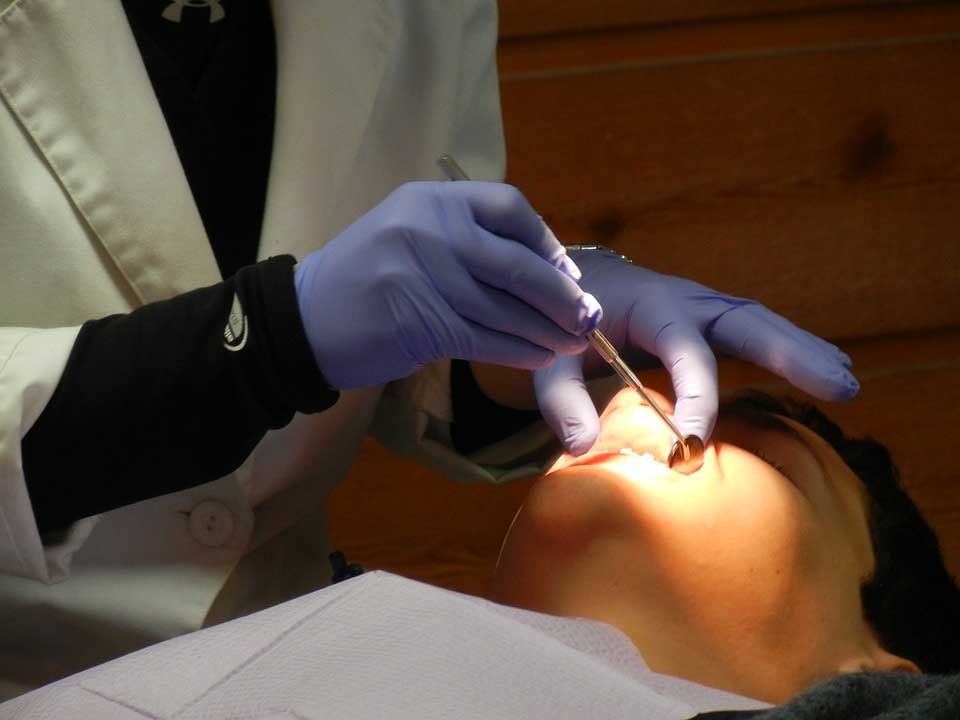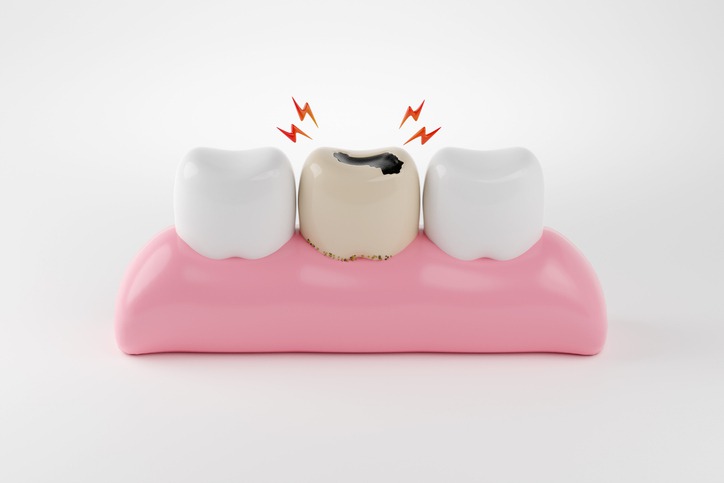
How Do I Prepare for a TMJ Specialist Consultation?
Dealing with jaw pain and suspect you might have TMJ disorder? Preparing for your first visit to a specialist can seem daunting, but with a few simple steps, you’ll be ready to get the help you need. This article will guide you through what you should do before your TMJ specialist consultation.
1. Learn About TMJ and Its Diagnosis
Temporomandibular joint (TMJ) disorder is a condition that affects the joints and muscles responsible for jaw movement. Symptoms can vary widely, but they often include pain in the jaw, face, or neck, difficulty chewing, and a clicking or popping sound when moving the jaw. If you’re seeking jaw pain treatment in London, it’s essential to understand that an accurate diagnosis often involves a physical examination, imaging tests, and a review of your medical history.
2. Collect Your Medical History
Gathering your health information is the first step in preparation. Jot down any relevant medical conditions, previous surgeries, and medications you’re currently taking. Don’t forget to include non-prescription drugs and supplements, as they can affect TMJ treatment options.
3. Record Your TMJ Symptoms
Make a symptom diary noting when the pain occurs, its intensity, and if any activities exacerbate it, such as eating certain foods or stress. This record will help the specialist understand your specific condition better.
4. Choose the Right TMJ Specialist
Finding a qualified professional who can tackle TMJ disorders is crucial.
-
Research: Take the time to research TMJ specialists in your area thoroughly. Look for professionals who have specialized training and experience in treating temporomandibular joint disorders. Consider factors such as their reputation within the medical community, any awards or accolades they have received, and their track record of successful outcomes with patients.
-
Experience: When choosing a TMJ specialist, prioritize practitioners with extensive experience in diagnosing and treating TMJ disorders. Experienced specialists are often better equipped to accurately assess your condition, develop personalized treatment plans, and navigate any complexities that may arise during treatment.
-
Qualifications: Verify that the TMJ specialist holds the necessary qualifications and credentials to practice in their field. This may include board certification in oral and maxillofacial surgery, dentistry, or another relevant specialty. Additionally, inquire about their ongoing education and training to ensure they stay up-to-date with the latest advancements in TMJ treatment.
-
Recommendations: Seek recommendations from trusted sources, such as friends, family members, or your primary care physician. Your dentist may also be able to provide referrals to reputable TMJ specialists they have collaborated with in the past. Personal recommendations can offer valuable insights into the quality of care provided by a particular specialist.
-
Expertise: Look for a TMJ specialist who demonstrates expertise in diagnosing and treating a wide range of TMJ conditions. They should be familiar with various treatment modalities, including conservative approaches such as physical therapy and medication, as well as surgical interventions when necessary. A specialist who stays abreast of the latest research and treatment options can offer you the most comprehensive and effective care for your TMJ disorder.
5. Set Realistic Expectations for Treatment
Be aware that TMJ disorders can be complex. Treatment may require a multifaceted approach and won’t be the same for everyone. Your specialist should present a personalized treatment plan after assessing your condition.
6. List Questions to Ask Your TMJ Specialist
Going into a consultation armed with questions will help you grasp your treatment options and the specialist’s approach. Here are some queries you might consider:
-
Can you walk me through the diagnostic process?
-
What treatment options would you recommend for my case?
-
Are there any lifestyle changes I should make to help manage symptoms?
-
What are the potential risks or side effects of the treatments suggested?
When you need to find the location of a trusted provider for TMJ treatment, starting your search online can be useful. Many specialists have websites with patient reviews and information about their credentials.
7. Prepare for Potential TMJ Treatments
While the specific treatment for TMJ disorders will depend on the diagnosis, it’s good to have an understanding of possible treatments. These may range from exercises and medications to more invasive procedures.
8. Communicate Openly With Your Specialist
Your lifestyle can significantly impact TMJ symptoms. Talk with your specialist about your daily habits, including diet, exercise, and whether you’re engaging in behaviors that might exacerbate TMJ, such as teeth grinding. Adjusting these habits can be an integral part of your treatment plan.
9. Follow Up After Your TMJ Specialist Visit
After your consultation, note the specialist’s recommendations, treatment plan, and any prescribed medications or exercises. It’s also essential to schedule follow-up appointments to monitor your progress.
It’s important to have patience with your TMJ treatment journey. Some treatments may offer immediate relief, while others take time to show results. Always stay in communication with your specialist, report new symptoms, and follow their advice closely.
Final Thoughts
Preparing for a TMJ specialist consultation need not be a stressful ordeal. With the correct information and proper planning, you can approach your appointment with confidence, knowing that you’re taking a significant step toward finding relief from your TMJ symptoms. The road to recovery starts with preparation, and you’re on the right path.















































